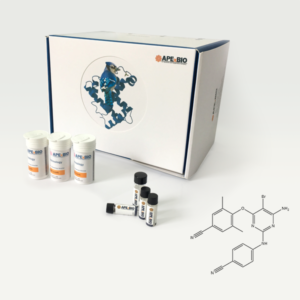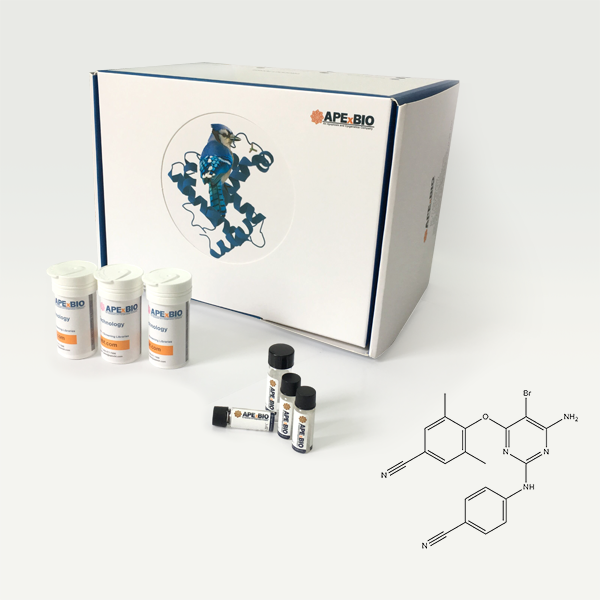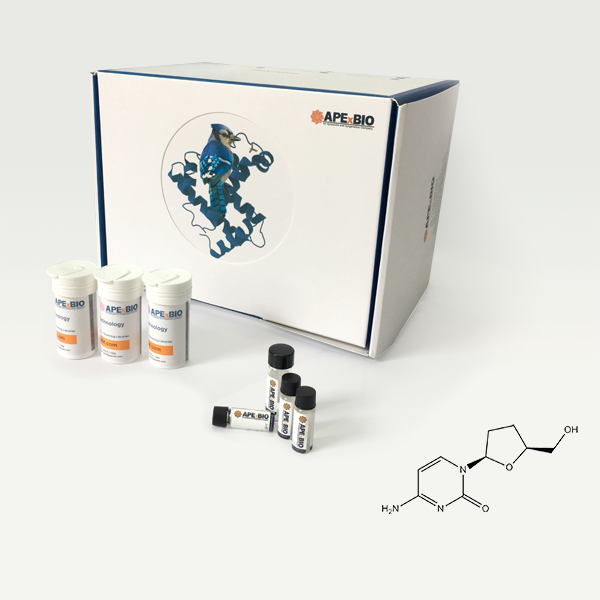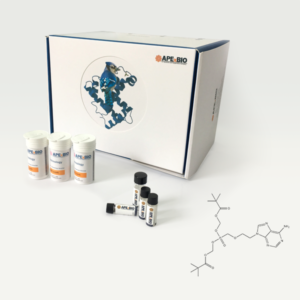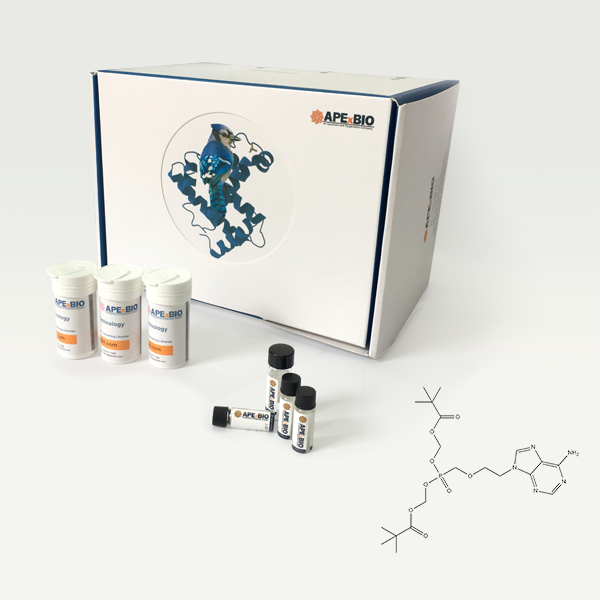Search Results
Etravirine (TMC125) 10mg | 98.06%
APEXBIO TECHNOLOGY LLC
Etravirine (TMC125) 50mg | 98.06%
APEXBIO TECHNOLOGY LLC
Etravirine (TMC125) 1g | 98.06%
APEXBIO TECHNOLOGY LLC
Stavudine (d4T) 10mM (in 1mL DMSO) | 98%
APEXBIO TECHNOLOGY LLC
Zalcitabine 100mg | 98%
APEXBIO TECHNOLOGY LLC
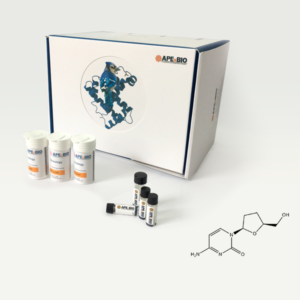
Reverse transcriptase inhibitor Microbiology & Virology|Reverse Transcriptase
More Information Supplier PageZalcitabine 50mg | 98%
APEXBIO TECHNOLOGY LLC

Reverse transcriptase inhibitor Microbiology & Virology|Reverse Transcriptase
More Information Supplier PageZalcitabine 10mM (in 1mL DMSO) | 98%
APEXBIO TECHNOLOGY LLC

Reverse transcriptase inhibitor Microbiology & Virology|Reverse Transcriptase
More Information Supplier Page

